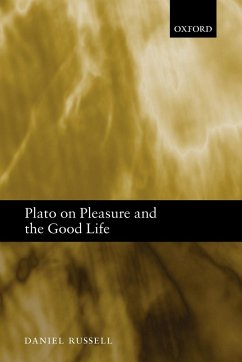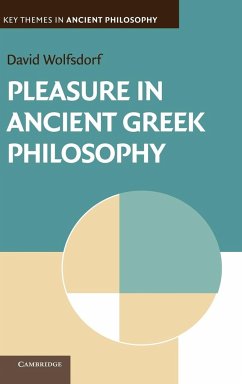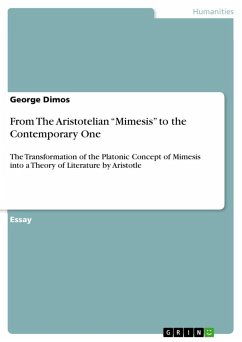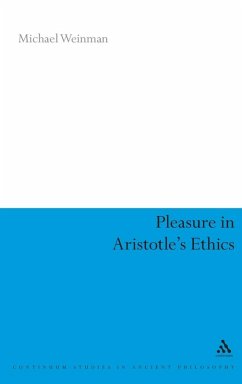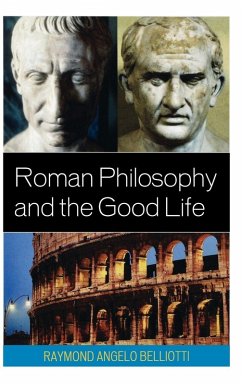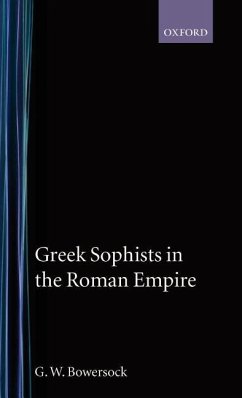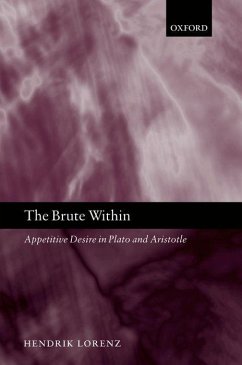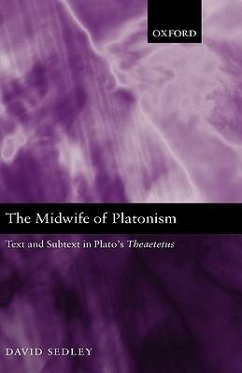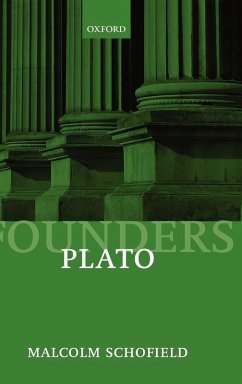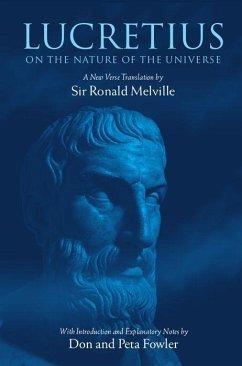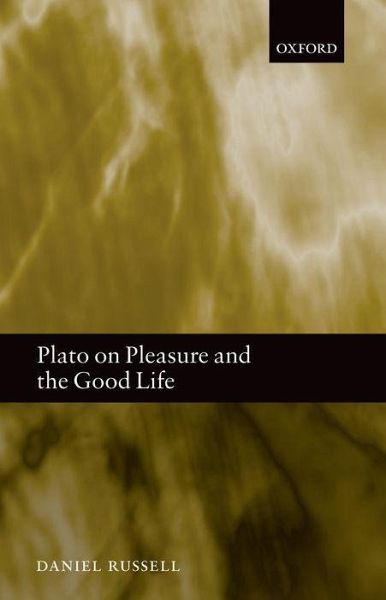
Plato on Pleasure and the Good Life
Versandkostenfrei!
Versandfertig in 1-2 Wochen
92,99 €
inkl. MwSt.

PAYBACK Punkte
46 °P sammeln!
Consequently, Plato rejects all forms of hedonism, which allows happiness to be determined by a part of the psyche that does not direct one's life but is among the materials to be directed. At the same time, Plato is also able to hold both that virtue is sufficient for happiness, and that pleasure is necessary for happiness, not as an addition to one's virtue, but as a constituent of one's whole virtuous character itself. Plato therefore offers an illuminating role for pleasure in ethics and psychology, one to which we may be unaccustomed: pleasure emerges not as a sensation or even a mode of activity, but as an attitude - one of the ways in which we construe our world - and as such, a central part of every character.
Daniel Russell develops a fresh and original view of pleasure and its pivotal role in Plato's treatment of value, happiness, and human psychology. This is the first full-length discussion of the topic for fifty years, and Russell shows its relevance to contemporary debates in moral philosophy and philosophical psychology. Plato on Pleasure and the Good Life will make fascinating reading for ancient specialists and for a wide range of philosophers.



